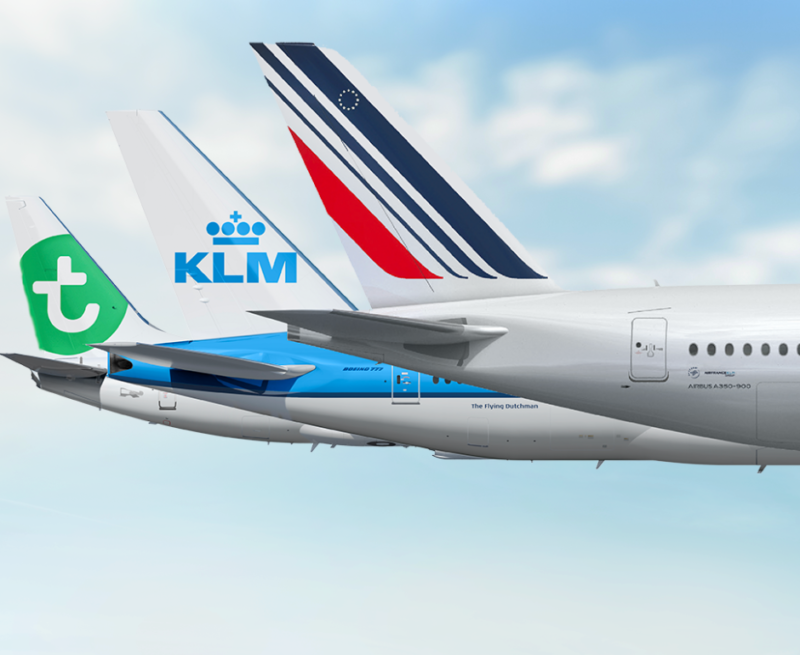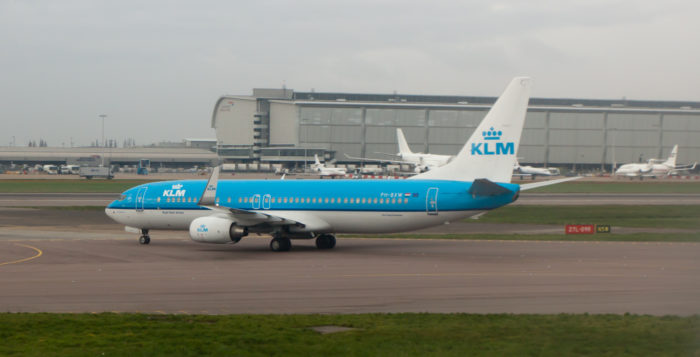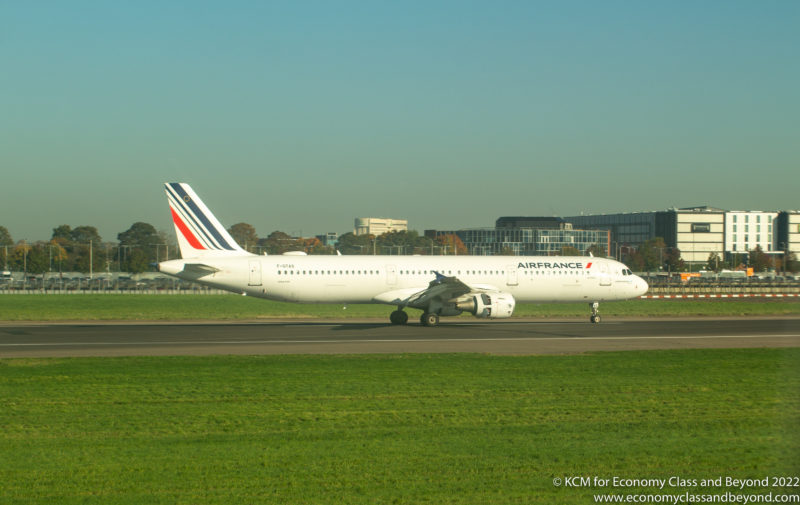The Air France-KLM Group is adding to its Sustainable Air Fuel sources by the group signing two binding multi-year contracts with SAF providers Neste and DG Fuels for a total volume of 1.6 million tons.

For Air France-KLM Group, it is an important first step as it moves to towards hitting its 10% SAF incorporation targets by 2030.
The agreements cover the supply of a total volume of 1.6 million tons of sustainable aviation fuel between 2023 and 2036, which will avoid 4.7 million tons of emissions of CO2 on a full lifecycle basis compared to fossil fuels.
The companies that will support Air France-KLM are:
- Neste: supplying 1 million tons over the period 2023 to 2030.
- DG Fuels: supplying 600.000 tons over the period 2027 to 2036.
The group is continuing further partnership discussions to add additional suppliers with the aim of gradually establishing a diversified network capable of meeting supply needs worldwide.
These contracts represent a first step by the Air France-KLM Group towards achieving its 10% SAF incorporation targets by 2030 and will cover approximately 3 of the 10% SAF requirements.
It seems this is a carrot for SAF suppliers to up production – as Air France KLM noteed in 2021, SAF production represented 0.01% of the jet fuel consumed worldwide – and the industry needs a lot more to meet its net-zero targets.

In Quotes
Benjamin Smith, CEO of Air France-KLM said:
“Decarbonisation is the biggest challenge the aviation industry has ever faced. Air France-KLM is activating all available levers to reduce its environmental impact: fleet renewal, eco-piloting, and the increased use of certified Sustainable Aviation Fuels”,
“The contracts we have signed embody our long-term commitment to the development of SAF production capabilities around the world, to the benefit of the industry as a whole. We look forward to working with Neste and DG Fuels, with whom we have established solid partnerships which will pave the way to the creation of a global network of providers capable of meeting our future needs.”
Marjan Rintel, CEO KLM added:
KLM has strong ambitions when it comes to making the airline industry more sustainable and balancing the development of our network with local residents and the environment. This requires major, fundamental decisions related to fleet renewal, electrifying ground equipment and scaling up the use of SAF. In order to achieve this we need partners who share our commitment to creating a more sustainable future for aviation. KLM has been taking action for years to further develop the market for sustainable fuel. Today, joining forces with Neste and DG Fuels, we’re taking another important step towards further reducing our CO2 emissions.
There’s a long way to go

As has been noted, the SAF supply issue is one that the industry and its partners need to address over the next few years, as the industry explores ways of either reducing its carbon emissions or offsetting them.
Many technologies are being touted (Air France KLM note new SAF contracts, R&D on e-fuels or hydrogens, Direct Air Carbon Capture and Storage (DACCS)).
However, the industry, partners and even governments must step up to address these holes – else, they risk the sustainability targets and goals so dear to them being missed.
Welcome to Economy Class and Beyond – Your no-nonsense guide to network news, honest reviews, featuring in-depth coverage, unique research, as well as the humour and madness I only know how to deliver.
Follow me on Twitter at @EconomyBeyond for the latest updates! You can follow me on Instagram too!
Also remember that we are part of the BoardingArea community, bringing you the latest frequent flyer news from around the world.